Whether or not you or your child is or may be lesbian, gay, bisexual or trans, it’s important to talk to them about sexuality and gender identity in a positive way. You might be tempted to shy away from this because you’re confused about the language surrounding it and don’t what to say. But try not to worry – the most important thing is to let your child know that they can talk to you about anything, and that you’ll love and support them no matter what.
What does LGBT+ stand for?
LGBT+ stands for lesbian, gay, bisexual, transgender and more, which includes other identities like non-binary, pansexual and asexual. There are lots of different types of sexuality and sexual orientation – you can find a helpful list of terms on the Stonewall website.
What is sexual orientation and gender identity?
Sexuality and sexual orientation aren’t the same as gender identity. Sexuality is about who we are physically or emotionally attracted to, whereas gender identity is about how we feel about our gender inside. We may feel that we are the gender recorded at birth (this is called being cisgender) a different gender, neither or both.
Should I talk to my child about different sexualities and gender identities?
Yes, absolutely. It’s important to encourage your child to be inclusive of other people who aren’t the same as them or their family. Knowing and understanding more about different sexualities and gender identities can also help reduce prejudice and bullying. So for example when they’re little you could read books with them that talk about difference. You can find a good list of books for children of all ages on the Stonewall website and on the Scottish Book Trust website.
As they get older, you could talk to them about how all families are different – some have a mum and dad, some have one parent, some have two mums or two dads and some children may live with their grandparents or other relatives, or foster carers. You could also suggest they read books or watch TV shows and films that represent people with different sexualities and show different kinds of families.
Another way you can help your child be more understanding is to make sure no one in your family uses discriminatory language. For example, sometimes young people call something ‘gay’ if they don’t like it. They may not even think they’re being rude, but things like this can be very hurtful to someone who is gay or has friends or family members who are gay. This poster from LGBT Youth Scotland has some good suggestions for tackling this.
When do children learn about different sexualities in school?
In school, children are first taught about different sexualities in P5-P7. They learn about:
- what makes them unique and the idea of diversity
- what is meant by the terms heterosexual, gay, lesbian and bisexual
- sexual orientation in the context of learning about love.
You can see exactly what they learn and the words their teachers will use on the RSHP website. This forms a good basis for your conversations with your child. If they ask questions it’s always best to answer honestly and clearly, and to let them know that they can always talk to you about anything.
The LGBT Education website is also good to have a look at: it helps teachers become more LGBTQ+ inclusive in their lessons, so all children feel valued, understood and included at school.
What should I do if I think my child may be LGBT+? How can I support them?
It can take a lot of courage to come out to friends and family about your sexuality or gender identity. So until your child comes out and tells you that they are or might be LGBT+ it’s best not to make any assumptions. It’s natural for children and young people to question their sexuality and identity as they grow up and to take a while to work out who they are, so pushing them to label themselves doesn’t help.
The more you talk about things and the more open you are, the more likely your child will be to confide in you and won’t try to hide things from you. Our pages on encouraging your child to confide in you, talking to your child about sex and talking to your teen all have more advice on this.
What you can also do is make your home a comfortable place for them to come out when they’re ready by being positive about LGBT+ issues and not using discriminatory language, and to let them know that they can always talk to you about anything, and you will always love them.
Here are some more resources offering information and advice:
- The NSPCC and Children First have more advice on talking to your child about their sexual orientation and how to support them if they come out to you.
- “Dad, I’ve got something to tell you” is a useful leaflet answering questions dads might have when their sons come out as gay.
- You can find helpful information on gender identity on the Place2Be website. Gendered Intelligence and Mermaids offer support and advice for trans children and their parents.
- LGBT Youth Scotland's Trans, non-binary and questioning coming out guide for young people has helpful advice on questioning gender identity, coming out in a safe way, exploring gender expression and the rights of trans, non-binary and questioning young people.
What should I do if I or other family members aren’t happy about it?
All parents are different and will have different reactions to their child coming out. You may be proud and happy for them, or worried that it will make life harder for them, or even shocked or upset. But even if you’re not happy about the situation, the best thing you can do is put your feelings aside and be there for your child to love and support them.
Coming out over and over again to different family members and friends can be stressful, so your child may ask you to tell other family members for them. This is a good way to support them and make things a bit easier. If other family members aren’t happy, it’s best to set some ground rules about what they can and can’t say to your child.
It may help to talk things through with a trusted friend, or you could call Children First's support line for free confidential support. You can also get support from FFLAG, a charity for families with LGBT+ children (of all ages) and their friends.
I'm a same-sex or transgender parent – how can I support my child?
All families are different, but at the same time many families face the same challenges, from sleepless nights and toilet training to homework hassles and teenage strops. However, if yours is a two mum or two dad family or if one or both parents is transgender you may also have other concerns, for example around parental rights.
You may also worry that your child may be teased or bullied because their family set up is a bit different. But there are lots of things you can do to help with this:
Tip #1: Every family is different
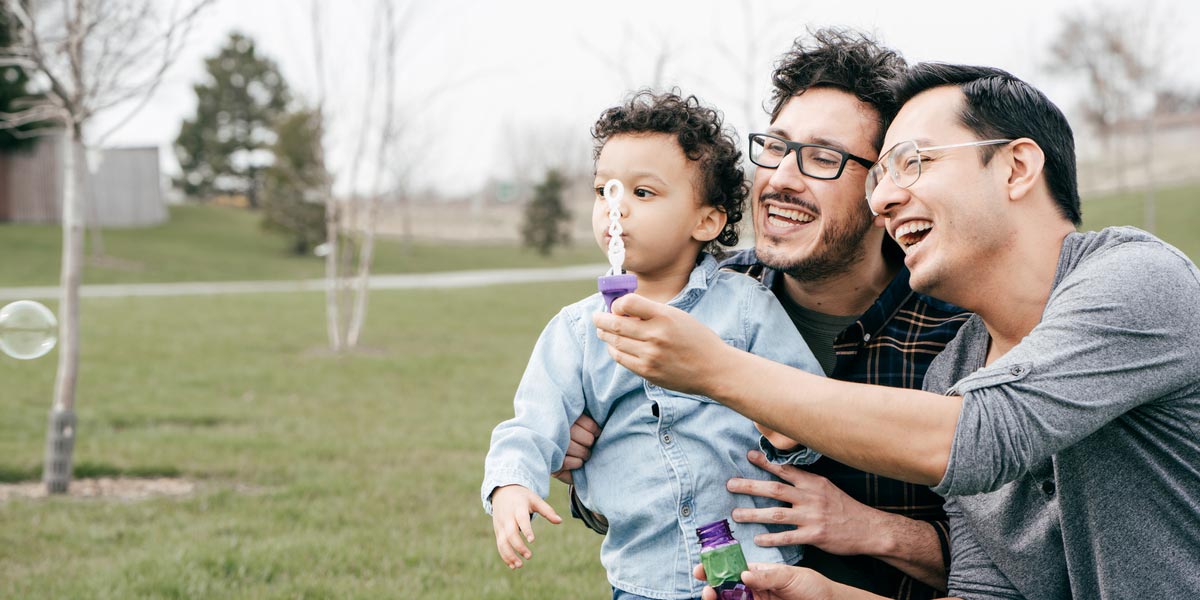
It’s a good idea to explain to your child that lots of families are different – there’s no such thing as a ‘normal’ family! Some children are raised by one parent, by their grandparents, by foster parents and so on. The most important thing is that they’re loved and cared for. Talking to your child about how loved they are, and how your family is special, may help them understand that difference is something to be celebrated.
Tip #2: Watch and read things that celebrate being inclusive
Seeing themselves reflected in the things they watch and read is important for children, so you could try watching TV shows together like the BBC’s Our Family, following other LGBT+ families on social media or reading together about different family set ups – here are some nice recommendations from the NCT and from the Scottish Book Trust.
Tip #3: Talk to them openly about how their family came to be
It’s a good idea to talk to your child honestly, from an early age, about how your family was created. You can start very simply when they’re little, explaining how much they are wanted and loved, and keep returning to the topic as they get older. Our page on talking to your child about sex has more advice, and also looks at how children learn about sex and reproduction in school.
By the time they start school, it’s good for them to have answers to the kind of questions their friends might ask, like ‘Where’s your mum/dad?’ ‘Why do you have two mums/dads?’ and ‘Are you artificial?’
This will help equip them with the answers and coping strategies they may need when they start school.
Tip #4: Talk to your child’s friends’ parents
It can also help to talk to your child’s friends’ parents as soon as you feel comfortable, and ask them to talk to their children so that no one is making up ‘stories’ about your family. Parents will appreciate this, especially if they’re not sure what to say to their child.
Tip #5: Remind them they don’t have to ‘come out’ for you
Remind your child that they don’t have to ‘come out’ on your behalf if they don’t feel comfortable in certain situations. Everyone is entitled to keep things private if they want to.
Tip #6: No one has to put up with bullying
It’s important that they understand that if someone is mean to them, it’s not their fault and they don’t have to put up with it. (See ‘What if my child is being bullied?’ below.)
This article from the CBeebies Parenting website has more advice for same-sex parents. GIRES (Gender Identity Research and Education Society) has lots of information for trans parents.
What if my child is being bullied because of their sexuality or gender identity?
Whilst there is no legal definition of bullying in Scotland, it can sometimes be motivated by prejudice towards a person’s sexual orientation or transgender identity. Some bullying may involve criminal behaviour, such as assault, graffiti or a breach of the peace. Where this has been motivated by prejudice, it could be classed as a hate crime. It's important to remember that prejudice-based bullying and hate crime are behaviours that have damaging effects on victims and we must all play our part to challenge them.
Children and young people (and adults too) can be bullied because of their sexuality or gender identity, what people think their sexuality or gender identity is (this is known as their ‘perceived’ sexuality or gender identity) or because of the sexuality or gender identity of a family member or friend. This may be verbal or physical bullying. It may happen face to face or online.
Your child may not tell you that they’re being bullied, but you may spot signs, for example, if:
- they become more withdrawn
- they don’t want to go to school
- they change the way they use their online devices
- they have problems eating or sleeping
- they get easily upset or display out of character behaviour.
If you’re concerned that your child may be being bullied, try and talk to them about it – and to listen to what they have to say. Our section on bullying has more information and advice.
Advice and support for young people
If your child wants to find out more about sexuality and gender identity and coming out, there are lots of places offering information, advice and support.
- Childline have advice on sexuality, coming out and bullying and also have message boards where children can talk to other young people with similar experiences.
- LGBT Youth Scotland offer advice and online support and run youth groups for 13-25 year olds across Scotland.
- Gendered Intelligence and Mermaids offer support for trans children.
 Activities & Play
Activities & Play Behaviour
Behaviour Childcare
Childcare Development & Growing Up
Development & Growing Up Family, Friends & Relationships
Family, Friends & Relationships Feeding Your Baby
Feeding Your Baby Food & Eating
Food & Eating Health & Safety
Health & Safety Mental Health & Wellbeing
Mental Health & Wellbeing Money & Work
Money & Work Online Behaviour & Safety
Online Behaviour & Safety Pregnancy & First Days
Pregnancy & First Days School & Education
School & Education Sleep
Sleep


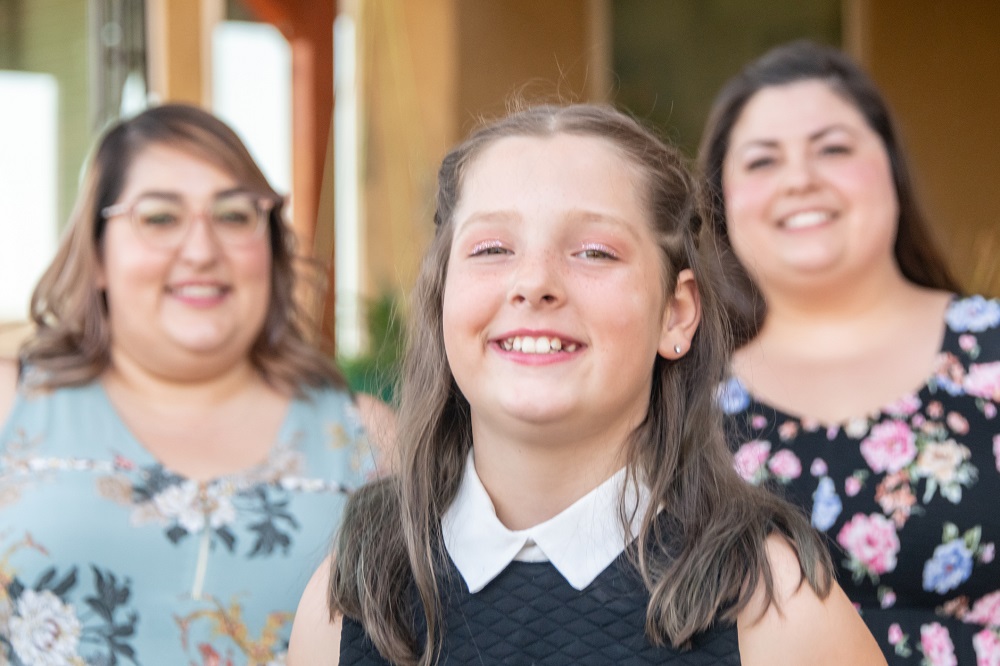
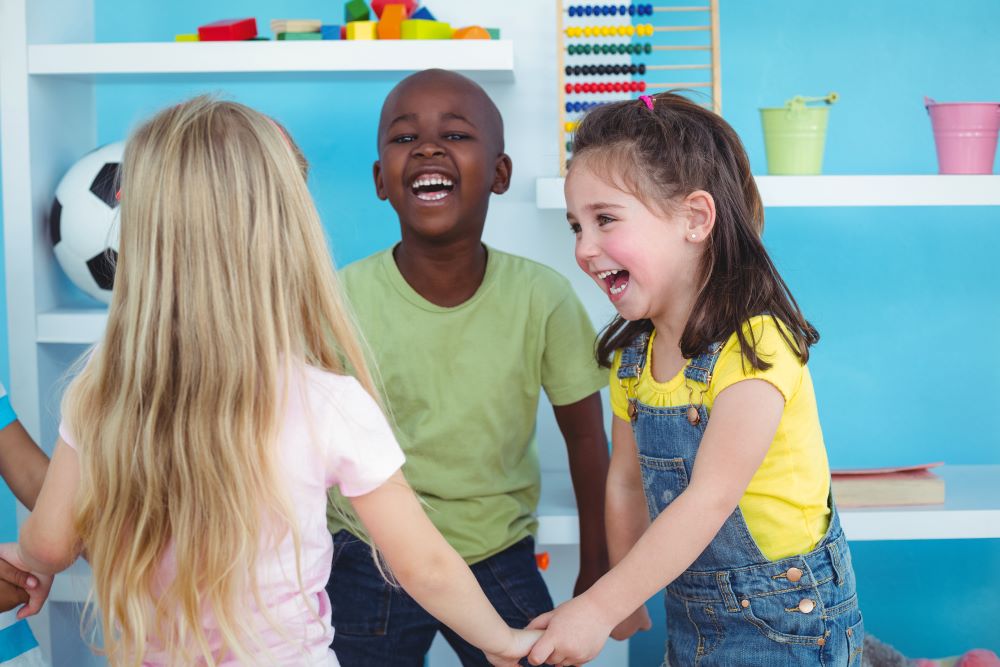
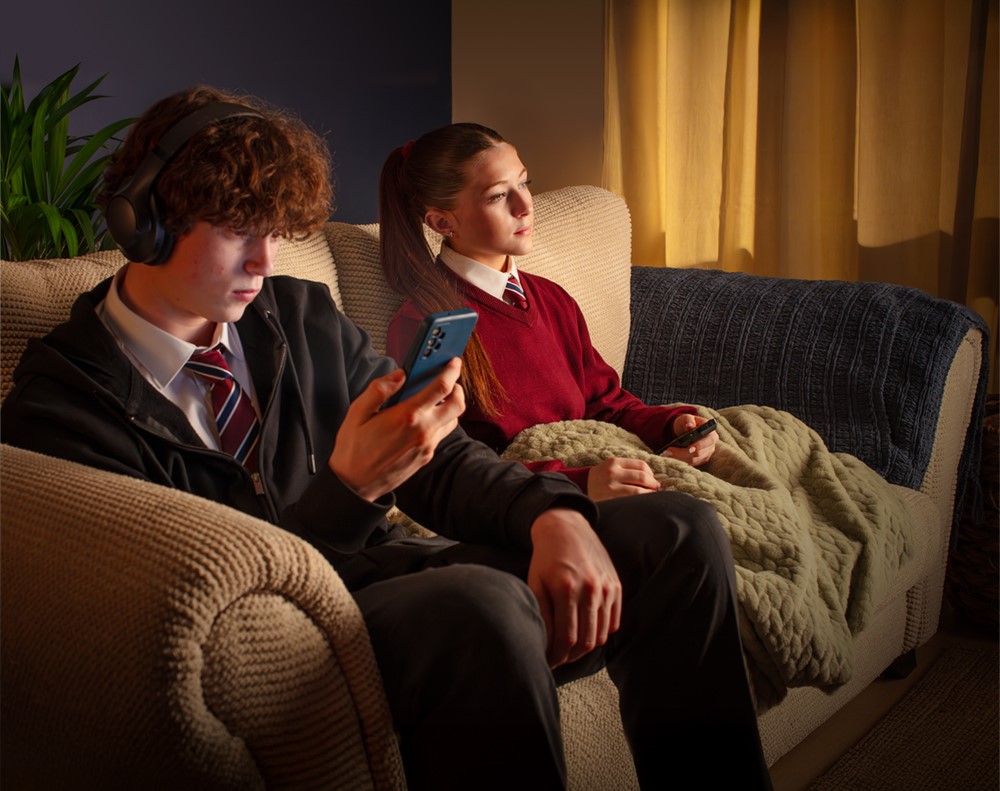
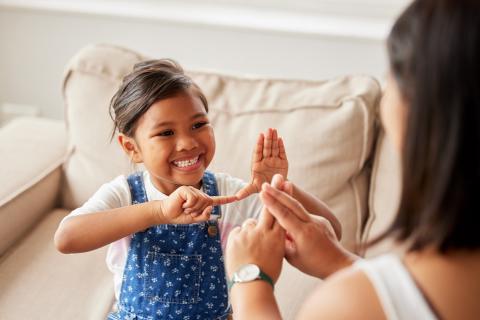
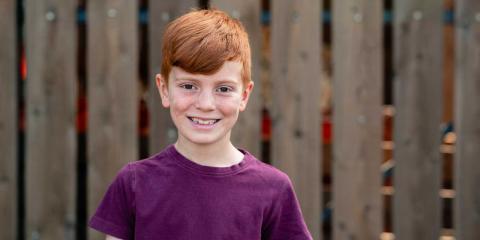

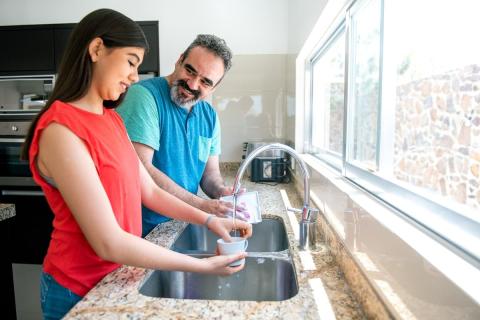
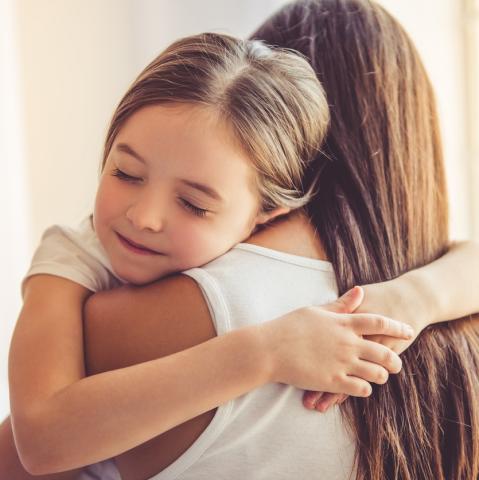
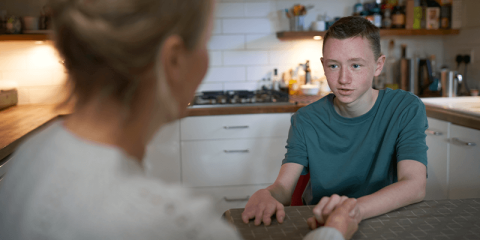
 Mental Health & Wellbeing
Mental Health & Wellbeing
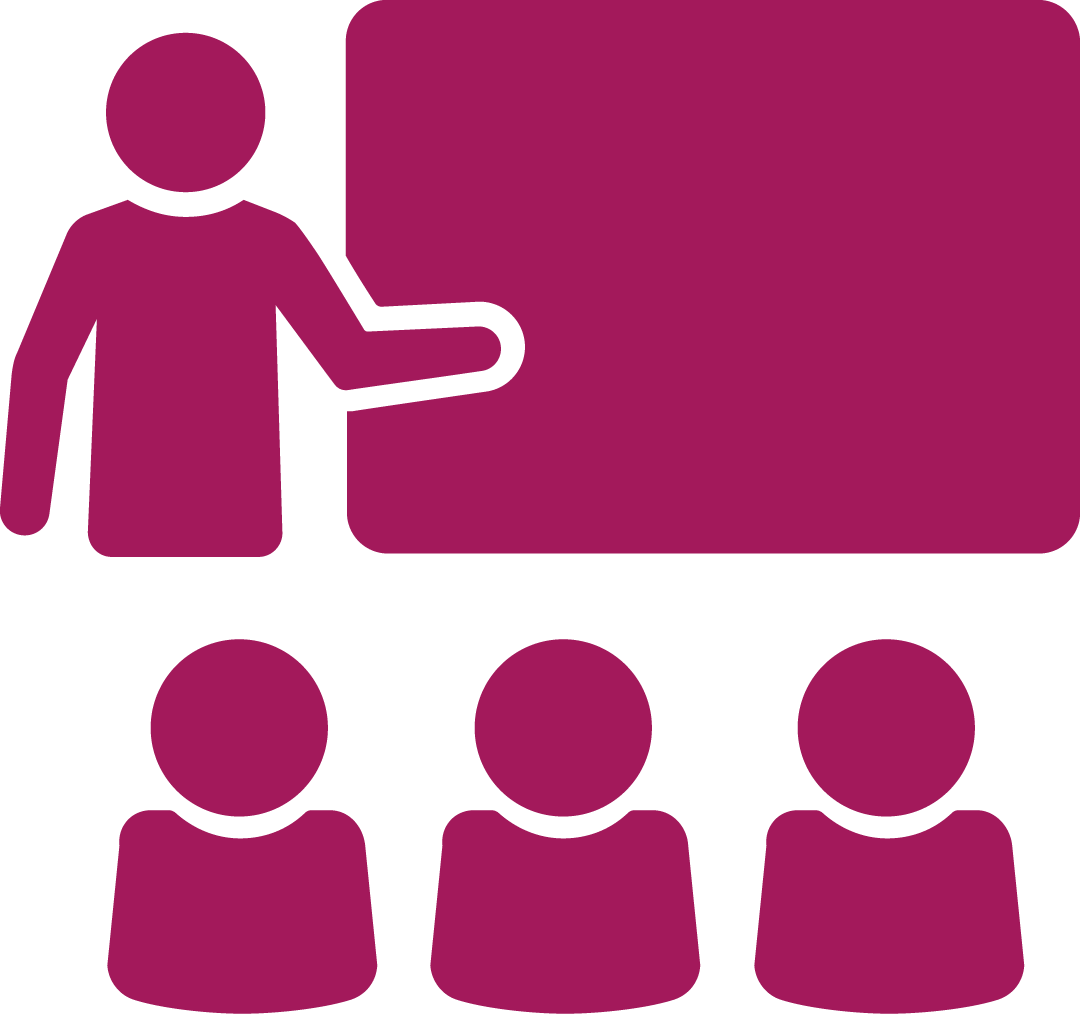 School & Education
School & Education